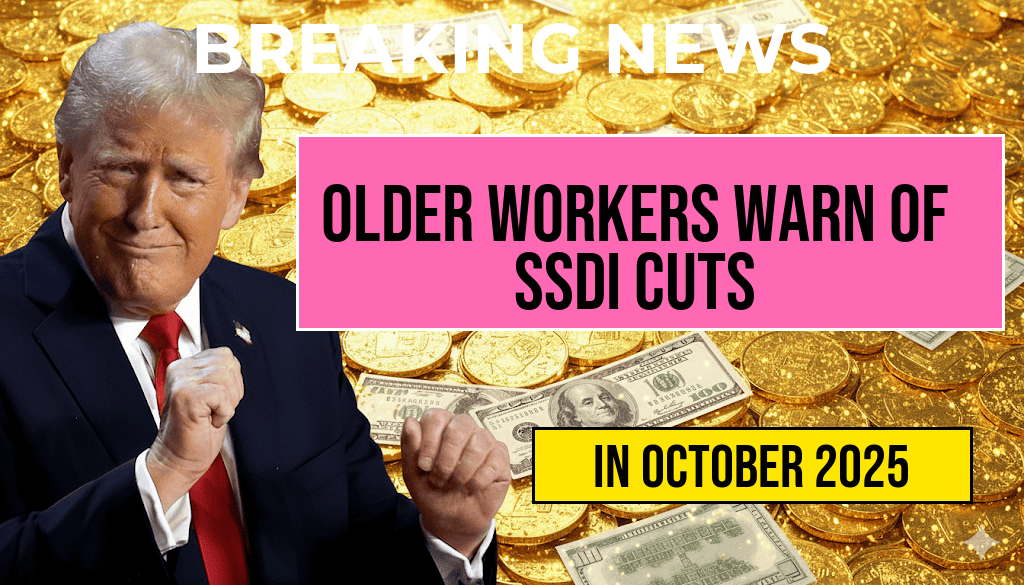In a contentious meeting this week, local voters expressed their dissatisfaction with the city council’s decision to postpone the implementation of tipped wage parity until 2034. The council’s decision comes as part of a broader review of wage policies, leaving many service workers concerned about the implications of a $10 minimum wage on their paychecks. Advocates for reform argue that the delay undermines efforts to provide equitable pay for all workers, particularly those in industries reliant on tips. As the debate unfolds, many are left wondering how this decision will affect not only the livelihoods of service employees but also the broader economy, tipping practices, and consumer behavior.
The Council’s Decision: Key Points
During the recent council meeting, several key points emerged regarding the decision to delay tipped wage parity:
- The council voted 6-3 in favor of postponing the wage reform.
- The new timeline pushes the implementation of the $10 minimum wage back by over a decade.
- Opponents of the delay argue that it disproportionately affects workers in low-wage sectors.
The Rationale Behind the Delay
Council members cited various reasons for the postponement, including concerns over potential economic impacts and the need for further study on the effects of wage increases on employment rates. Some councilors expressed fears that a sudden increase in wages could lead to job losses or increased prices for consumers. This perspective reflects a wider debate on the balance between living wages and economic stability.
Implications for Service Workers
The delay in implementing tipped wage parity raises significant concerns among service workers, who rely heavily on tips to supplement their income. For many, a $10 minimum wage is seen as a crucial step toward financial security. The current minimum wage for tipped employees in many regions is significantly lower, often leading to income instability. Workers argue that the current system perpetuates inequities and leaves them vulnerable to fluctuations in customer generosity.
Economic Considerations
Economists are divided on the potential outcomes of the delayed wage parity. Some believe that raising the minimum wage could stimulate the economy by increasing the disposable income of workers, thereby boosting spending. Others caution that businesses may respond to increased labor costs by cutting hours or raising prices, potentially leading to a negative impact on employment.
| Region | Current Tipped Minimum Wage | Proposed Tipped Minimum Wage (2034) |
|---|---|---|
| Region A | $2.13 | $10.00 |
| Region B | $3.00 | $10.00 |
| Region C | $4.50 | $10.00 |
Public Reaction and Advocacy
Public response to the council’s decision has been overwhelmingly negative among service workers and advocates for wage reform. Many have taken to social media to express their frustrations, calling for greater accountability from elected officials. Advocacy groups are mobilizing to push for a reevaluation of the decision, emphasizing the need for immediate changes to support workers facing rising living costs.
Local organizations, such as the National Employment Law Project, are rallying support and providing resources to those affected. They argue that the delay in implementing tipped wage parity is a step backward in the fight for fair wages and economic justice.
Future Outlook
As discussions continue, the city council is expected to revisit the issue periodically, but the timeline for any potential changes remains uncertain. Advocates for tipped wage parity are urging residents to stay informed and engage with their local representatives to ensure that the voices of workers are heard in future deliberations.
The ongoing debate around wage laws highlights the complexities of balancing worker rights with economic realities. As the situation develops, stakeholders from various sectors will be watching closely to see how the council’s decision impacts not just the service industry, but the community as a whole.
Frequently Asked Questions
What is the current status of the tipped wage parity in the council’s decision?
The council has decided to delay the implementation of tipped wage parity until 2034, which means that the minimum wage for tipped workers will not increase to match the standard minimum wage for over a decade.
How will the $10 minimum wage impact workers’ paychecks?
The $10 minimum wage will set a baseline for non-tipped workers, but it may leave tipped workers earning less overall if their wages remain lower due to the delay in tipped wage parity.
What are the main concerns of the voters regarding this delay?
Voters are concerned that delaying tipped wage parity will perpetuate income inequality among workers in the service industry, as they feel that tipped workers deserve fair compensation comparable to their non-tipped counterparts.
Why was there a clash between voters and the council over this issue?
The clash arose from differing opinions on how to balance the interests of business owners with the need for fair wages for workers, particularly in the context of the delayed tipped wage parity implementation.
What are the potential long-term implications of this decision?
The decision to delay tipped wage parity until 2034 could result in ongoing financial struggles for tipped workers, potentially leading to increased advocacy for wage reform and changes in public perception regarding the treatment of service industry employees.











